Childhood trauma always leaves its scars. Children can experience or be exposed to violence, mental abuse, neglect, vehicle accidents, natural disasters, rape, or other circumstances of extreme fear and shock.
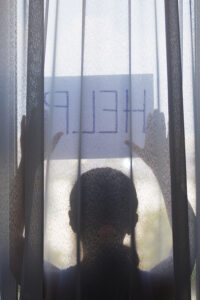
As a result, they change for the worse. Their play becomes repetitive and often involves their trauma. They can’t sleep by themselves or be alone at any time. They distance themselves from people, have a low self-esteem, and have difficulty with trust. Aggression is a common symptom, as well as self-harm and abuse of drugs or alcohol. (1)
However, this is not always the case. Sometimes the trauma is blocked by the child’s brain and cannot be remembered. An adult may become disgusted or terrified when smelling a particular type of liquor, or inexplicably angry or afraid when touched by an older person. The brain could have blurred a memory about being raped by an older individual who was drunk.
The adult wonders, “Am I crazy?” (2)
Traumas Hidden by the Brain
Many people suffer from depression, post-traumatic stress disorder (PTSD), and anxiety as a result of their childhood experiences. However, it’s difficult for them to receive the phycological counseling they need if they cannot recall the incident that is causing all this hardship. This seems like a lose-lose situation for trauma victims. Continue reading

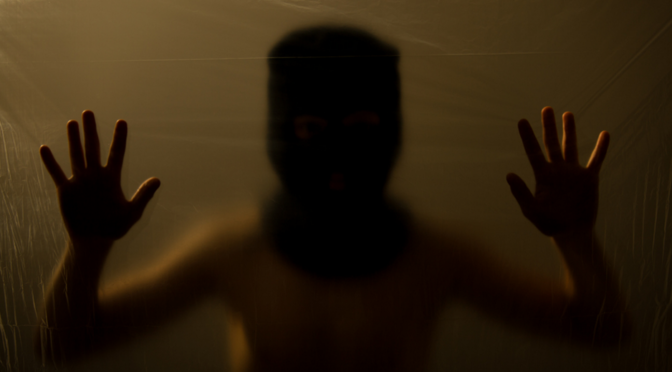
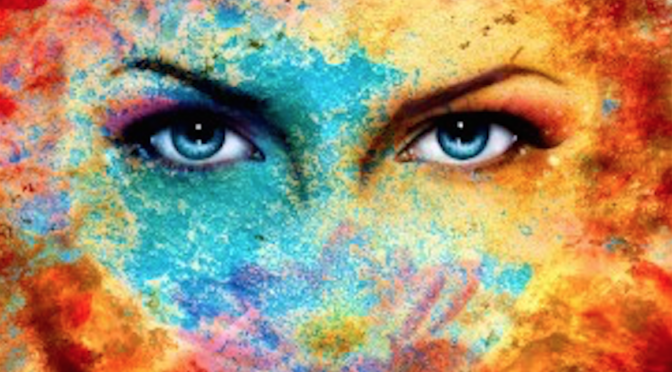
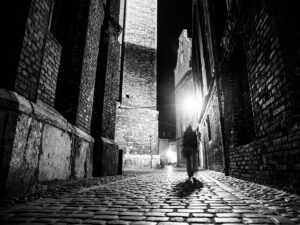
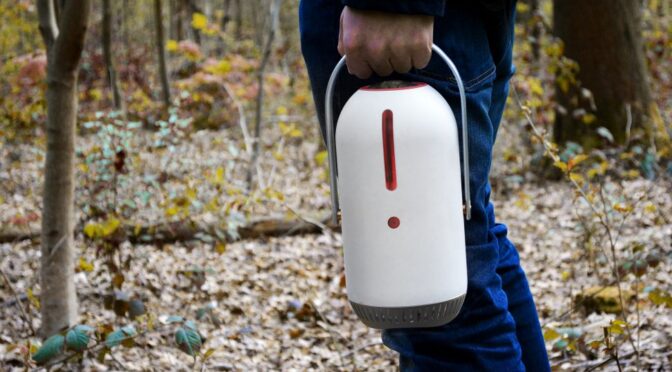
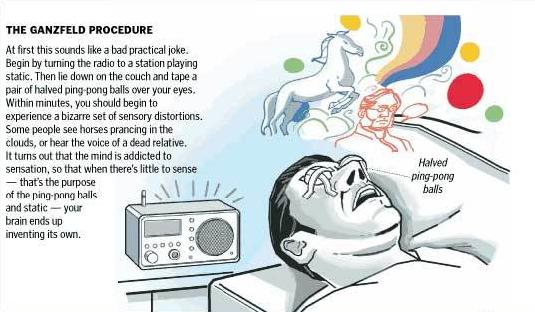


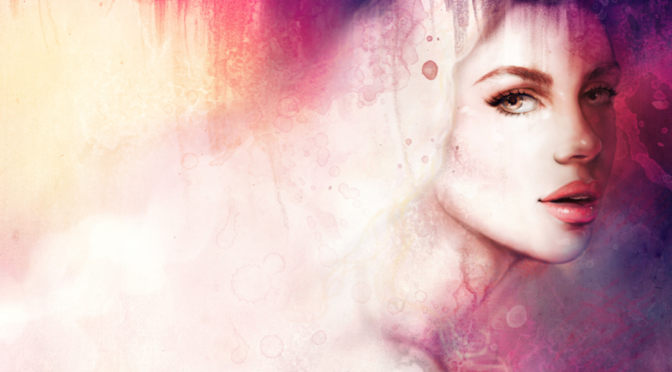
 You see, attachment is also known as co-dependency, it makes us believe we cannot live without the person we love. And this puts both them and us in a dangerous cage. When being so deeply “in love” we forget about the importance of ourselves and our needs because the sensation of pleasing our loved ones feels so good.
You see, attachment is also known as co-dependency, it makes us believe we cannot live without the person we love. And this puts both them and us in a dangerous cage. When being so deeply “in love” we forget about the importance of ourselves and our needs because the sensation of pleasing our loved ones feels so good.